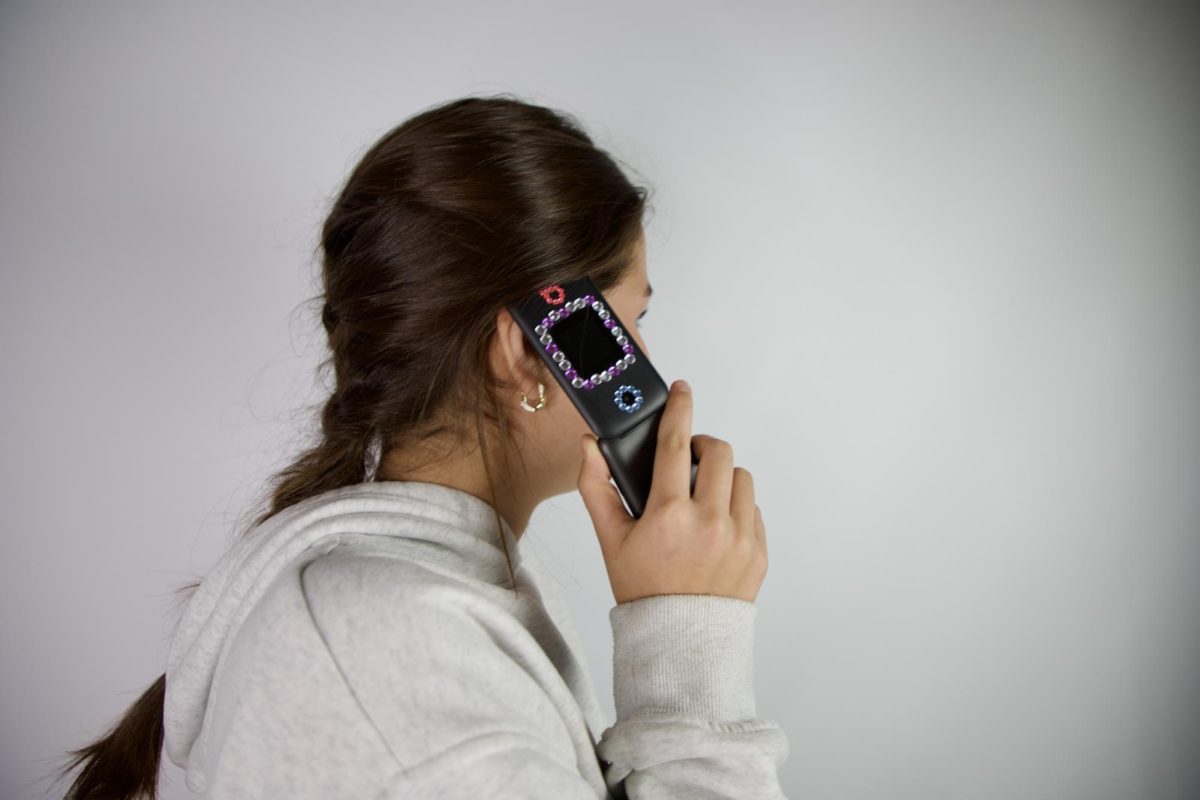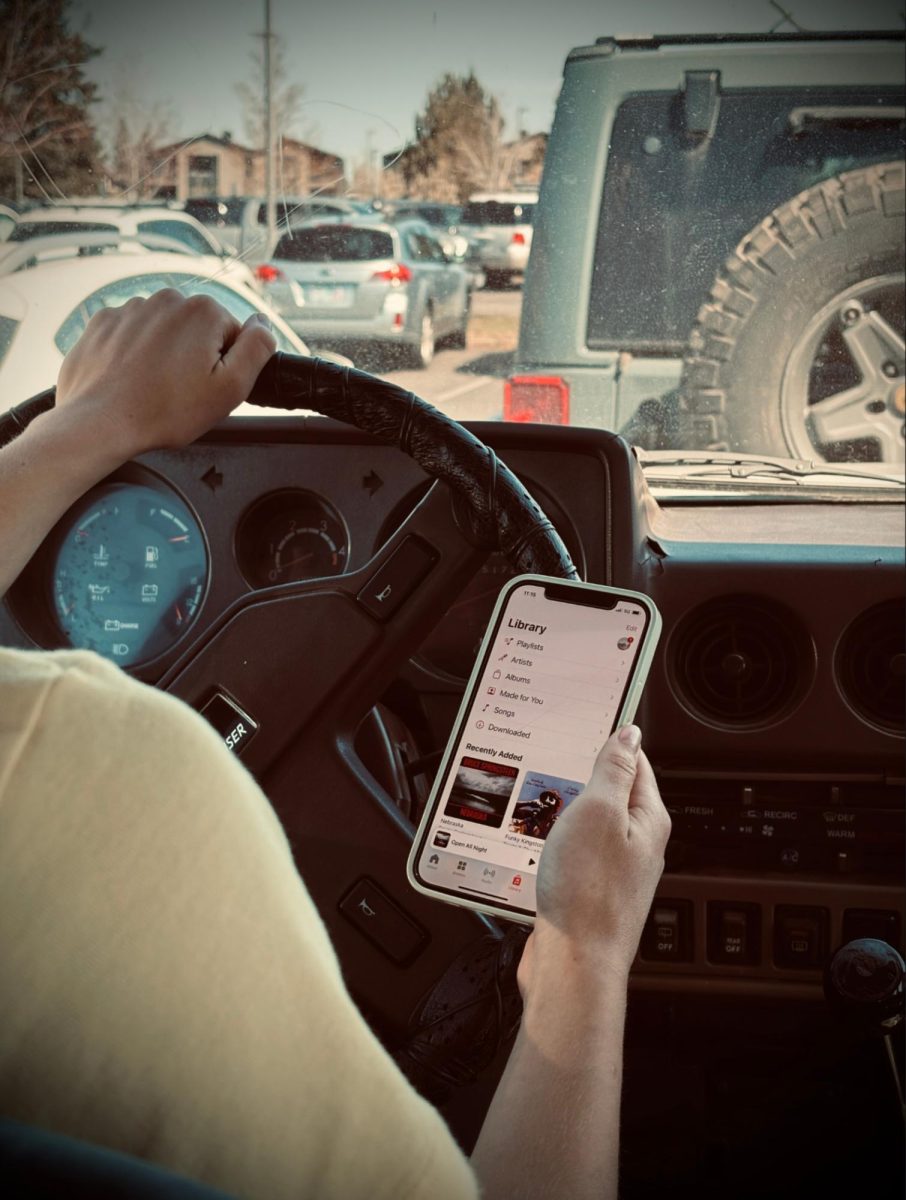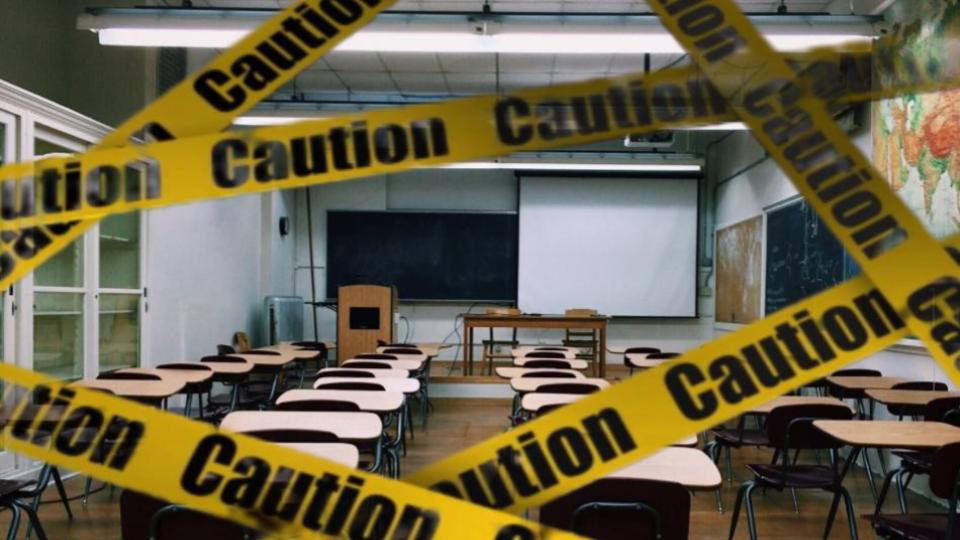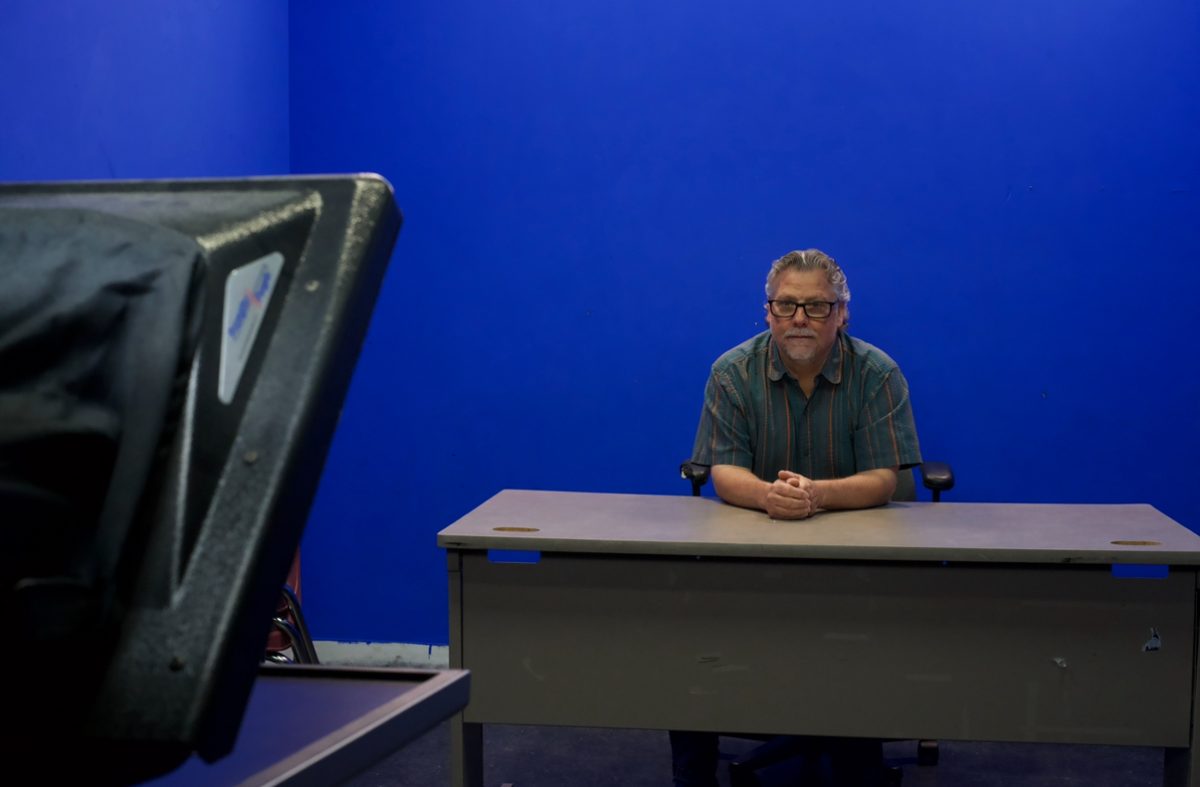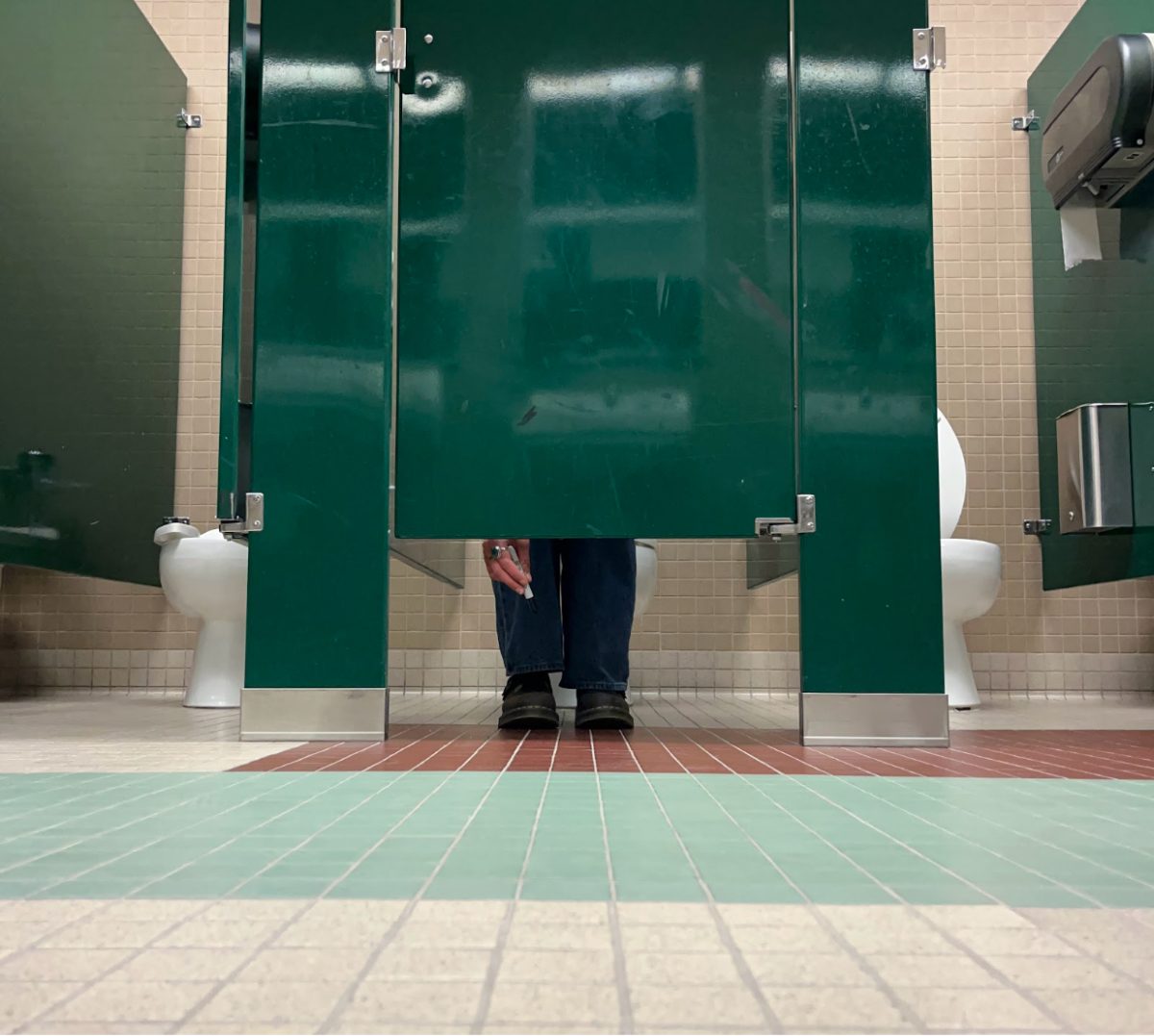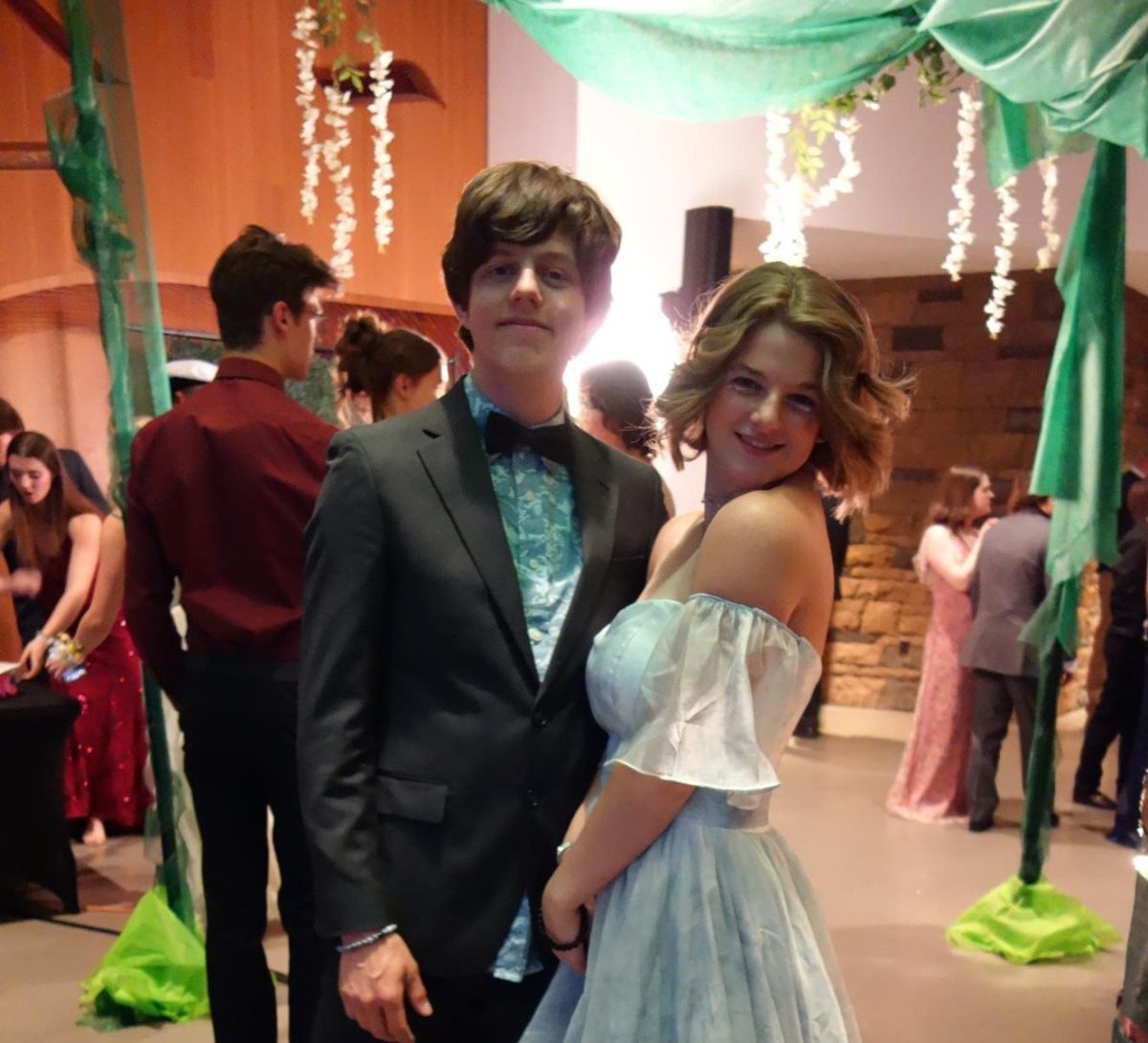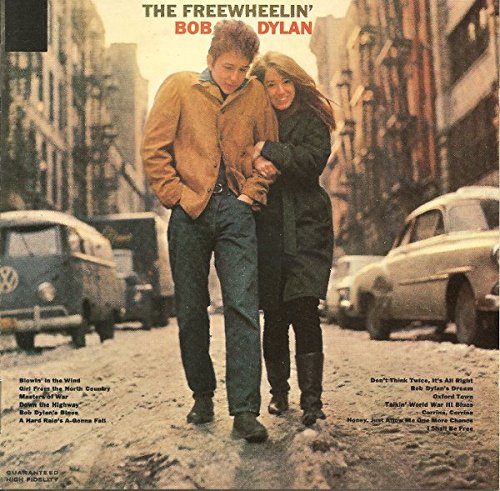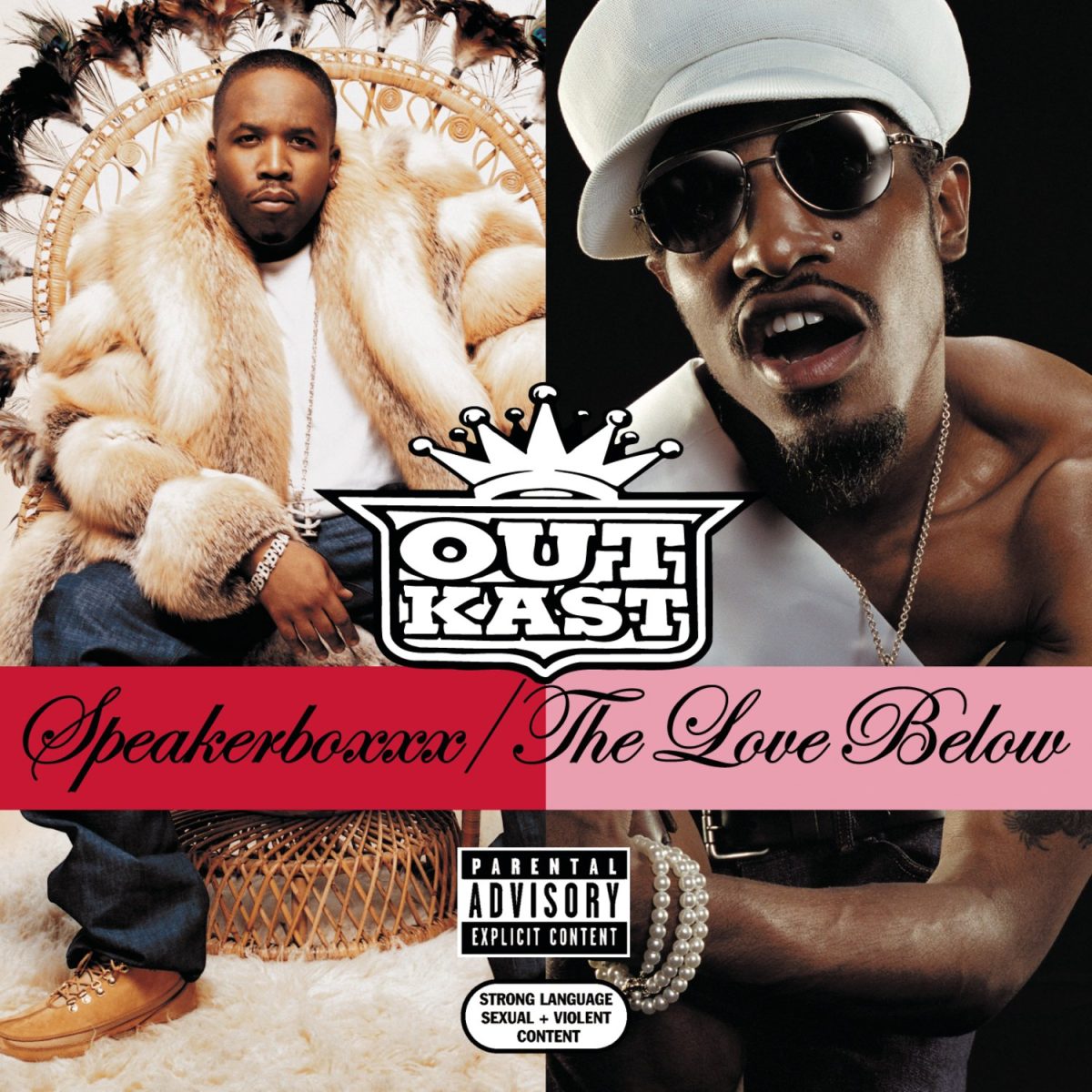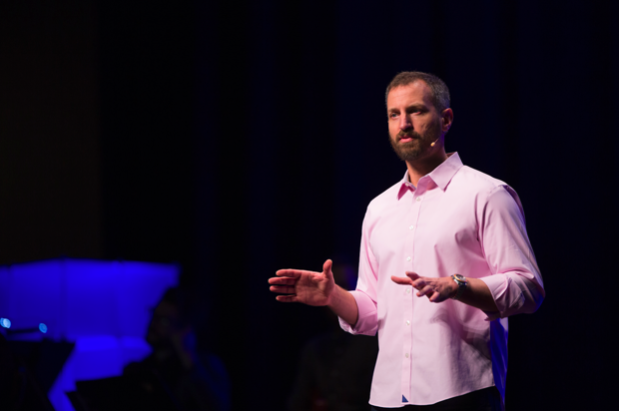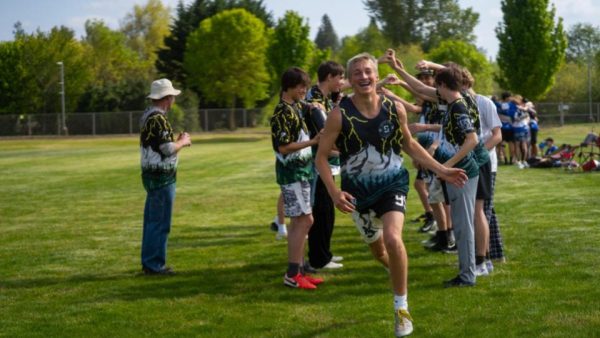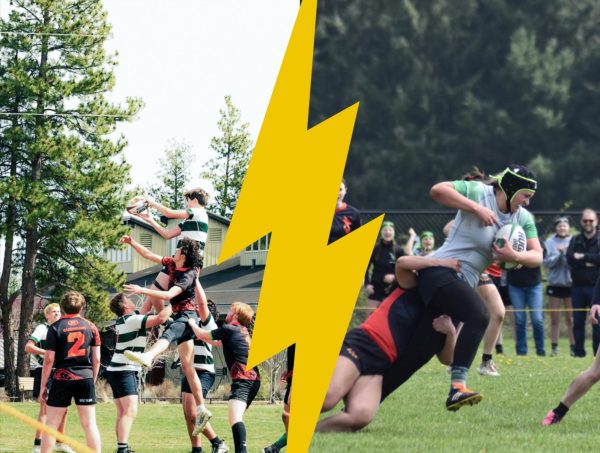Covid-19: Your Questions Answered
After almost a year of life in a pandemic and weekly updates from the CDC, there is an alarming number of people who don’t know the true facts behind Covid-19. With new variants arriving from the U.K. and South Africa, these misconceptions are only multiplying. Dr. Robert Orman (just a heads up: he’s also my dad) records podcasts and researches the specifics of Covid-19, in addition to practicing medicine for 20 years. As someone who is conscious of the lack of understanding among teenagers and the general population when it comes to the pandemic, he was willing to answer some of the most commonly asked questions.
- The Pinnacle: What are the three biggest misconceptions about dealing with and functioning in a pandemic right now?
- Dr. Rob Orman:“The biggest misconception by far is the thinking that a negative test means that you don’t have Covid-19. That is simply not true. The fundamental question here is: what is the false negative rate of testing for people who actually have the virus? The main tests right now are PCR, which looks for presence of viral genetics (that’s the slow test), and antigen testing, looking for viral protein (the fast test). The best data I’ve seen on PCR test performance is that it can still miss up to 20% of cases. And that’s the best test we have! The rapid test was approved to test those who are symptomatic on days 5-12 after symptom onset. In that group, it’s 80% as reliable as PCR. In asymptomatic people who had a positive PCR, so a good chance they are infected, the rapid antigen test picked up only 32% of cases.
- Another misconception is that if you have a negative test a day or two after exposure, you don’t have Covid-19. The sensitivity of testing at this stage is incredibly poor and nearly useless.
- A third is what it means once you are vaccinated. There are a lot of people, even those in healthcare, who are taking it to mean that they are fully immune and protected. What we know from the vaccine studies is that they decrease the chance of symptomatic and severe Covid-19. There is some preliminary data suggesting that transmissibility is also decreased, which is great, but we don’t know if that’s really the case. Until a wide swath of the population is vaccinated, I think we all still need to be really careful.”
- P: How concerned should we be about the variant?
O:“The variants are a real wild card. Because there are so many different types of vaccines, they are going to have different efficacy against the different Covid-19 strains. The Novavax vaccine, which uses spike protein (as opposed to mRNA like Pfizer and Moderna) was found to be 95% effective against the original variant, 86% effective against the UK variant and 60% against the South African variant. AstraZeneca, another vaccine maker, suspended use of their vaccine in South Africa because of decreased effectiveness against the variant. We don’t have the exact numbers of how poorly it performed as of the time of this interview. From what we’ve seen so far, it looks like the mRNA vaccines work against the UK variant to a fair degree, but the South African variant may be more problematic.”
- P:Will the vaccine cover the new strain?
O:“The vaccines we currently have were made for the original strain of Covid-19, not the new variants. When we are talking about variants, we are talking about mutations in the spike protein. The spike protein is what the virus uses to attach to human cells and also what the vaccine is made to fight against. That being said, the mutations in the new variants’ spike protein do not make the protein 100% different, just different enough that the vaccines are probably less effective, but not completely useless.”
- P:When will the vaccine be ready for teenagers?
O:“Pfizer is approved for 16 years and older. Studies are currently under way in younger groups. From what I’ve seen, Pfizer and Moderna are now testing in kids 12 and up, and AstraZeneca in 6 years old and up.”
- P:What is the most commonly asked vaccination question?
O:“A really interesting question I got at the vaccine clinic was — If I feel sick the night I get my vaccine, does that mean that the vaccine gave me Covid-19? I think this is a misconception about how vaccines work– it’s the same fear people have of getting flu from a flu shot. It is impossible to get Covid-19 from the vaccines we currently have in the United States.
The way they work is this — mRNA, think of it as a blueprint for part of the virus, is delivered by the vaccine and gets taken up into your cells. Your body then uses the code in the mRNA to make one of the viral proteins. Then, you form an antibody to this protein. Essentially, your body is fooled into thinking it has Covid-19, but it’s just a small part of the virus.”
- P:How are the flu and Covid-19 connected?
O:“Having the flu and Covid-19 simultaneously can be really dangerous. That is why, especially during this pandemic, it is so important to have a flu shot. A study out of Britain found that having Covid-19 plus flu at the same time had over twice the mortality of just having Covid-19.”
- P:Can you clarify the myth that immunity is guaranteed after contracting Covid-19?
O:“There are actually a couple of levels to this question. First, we don’t completely understand what’s called the “correlate of immunity” for Covid-19. That means we don’t know if a certain blood test, such as an antibody level, actually indicates true immunity. But, let’s assume for the sake of this question that antibody levels do in fact correlate with immunity. We’ve seen that antibody levels can drop rapidly after Covid-19 infection.
A study out of China about six months into the pandemic found that almost half of those with asymptomatic infection lost detectable antibodies shortly after infection and just over 10% symptomatic patients lost it’s detectable antibodies. The question is, does loss of detectable antibodies also mean loss of immunity? That’s unknown. What we do know is that there are cases where people get Covid-19 twice. So, the short answer is that a previous infection does not guarantee future immunity.”
- P:Where do you see people going wrong right now? What are people not understanding?
O:“I think the biggest way we’re going wrong is that most of the thinking and conversation is on ‘me’ rather than ‘we’. Having a mindset that we want to take actions to protect our community and not just ourselves is the right way to go.
A lot of people push back against their individual liberties being infringed upon by being forced to wear a mask or physically distance. There are certainly individual tragedies on many levels here, and we all want to keep ourselves and our families safe. But the actions we take, like getting vaccinated, are going to have their real impact on a population level.”












